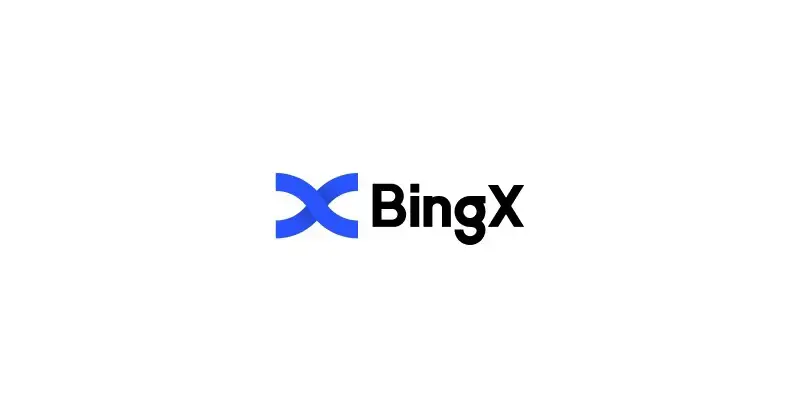In the ever-evolving landscape of technology, artificial intelligence continues to revolutionize how we interact with our digital environments. Google, a trailblazer in AI innovation, has recently introduced Duet AI, an advanced assistant designed to enhance document and email management. This announcement marks a significant stride in the fusion of AI and productivity tools, promising to streamline workflows, improve efficiency, and transform how users navigate their documents and emails. In this comprehensive analysis, we delve into the features, capabilities, potential impact, and implications of Google’s Duet AI, unveiled as a tool to empower users in the realm of productivity.
I. The Role of Artificial Intelligence in Productivity:
As the demands of the digital age increase, the integration of AI into productivity tools becomes imperative to enhance user experiences.
II. Introducing Duet AI:
Elevating Productivity: Duet AI is Google’s latest venture in harnessing AI to assist users in managing their documents and emails.
Personalized Assistance: Duet AI is tailored to individual users, adapting to their preferences and work patterns.
III. Key Features and Capabilities of Duet AI:
Smart Document Recommendations: Duet AI leverages machine learning to suggest relevant documents based on user context.
Enhanced Search Capabilities: The assistant enables users to quickly find information within documents and emails.
Task Automation: Duet AI automates repetitive tasks, allowing users to focus on high-value activities.
IV. The Power of AI in Document Management:
Intelligent Contextual Understanding: Duet AI comprehends user intent, leading to more accurate document recommendations.
Seamless Integration: The assistant integrates with various Google Workspace apps, providing a unified experience.
V. The Promise of Efficient Email Management:
Email Organization: Duet AI assists in organizing emails, categorizing them based on priority and relevance.
Time Management: The assistant optimizes time spent on email by offering suggestions for quick actions.
VI. Privacy and Data Security:
User Privacy: Google emphasizes its commitment to safeguarding user data and ensuring privacy while using Duet AI.
Data Utilization: The assistant learns from user interactions, leading to improved suggestions and recommendations.
VII. Implications for Productivity and Workflows:
Enhanced Efficiency: Duet AI’s capabilities promise to reduce time spent on searching for documents and managing emails.
User Empowerment: The assistant empowers users to make more informed decisions and prioritize tasks effectively.
VIII. Addressing User Adaptation:
Learning Curve: Users may need time to familiarize themselves with Duet AI’s features and functionalities.
User Education: Google’s approach includes providing resources and training to help users maximize the assistant’s potential.
IX. AI and the Future of Productivity:
Shift in Work Dynamics: As AI becomes integrated into daily workflows, traditional approaches to productivity may evolve.
Redefining Efficiency: The introduction of Duet AI underscores the potential for AI to redefine how we perceive and achieve productivity.
X. Industry-wide AI Adoption:
Competitive Landscape: As AI advancements become more prevalent, competitors are likely to follow suit in integrating AI into productivity tools.
Tech Integration: Duet AI aligns with a broader trend of integrating AI into various software applications to enhance user experiences.
XI. The Path Forward:
Google’s launch of Duet AI signals a new era in document and email management, potentially reshaping how professionals engage with their work.
Conclusion:
Google’s Duet AI emerges as a powerful tool at the intersection of AI and productivity, designed to elevate how users interact with their documents and emails. By leveraging AI to provide smart recommendations, streamline tasks, and enhance organization, Duet AI aims to boost efficiency and effectiveness in daily work routines. As users adapt to this new assistant and AI becomes increasingly intertwined with productivity, the conversation around data privacy, security, and the role of AI in shaping the future of work will continue to evolve. Google’s commitment to responsible AI development underscores its dedication to enhancing user experiences while maintaining user trust and privacy.











